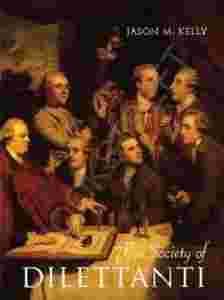THE SOCIETY OF DILETTANTI Jason Kelly

Aukcja w czasie sprawdzania była zakończona.
Cena kup teraz: 325.50 zł
Użytkownik bookstreet
numer aukcji: 4552028276
Miejscowość Kalisz
Wyświetleń: 3
Koniec: 26-09-2014, 5:03
Dodatkowe informacje:
Stan: Nowy
Okładka: twarda
Kondycja: bez śladów używania
